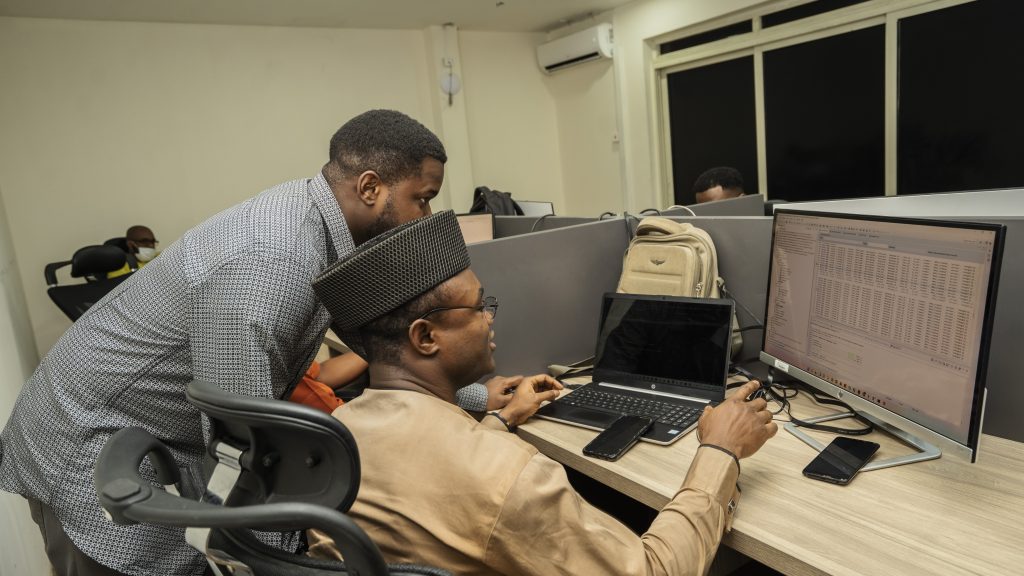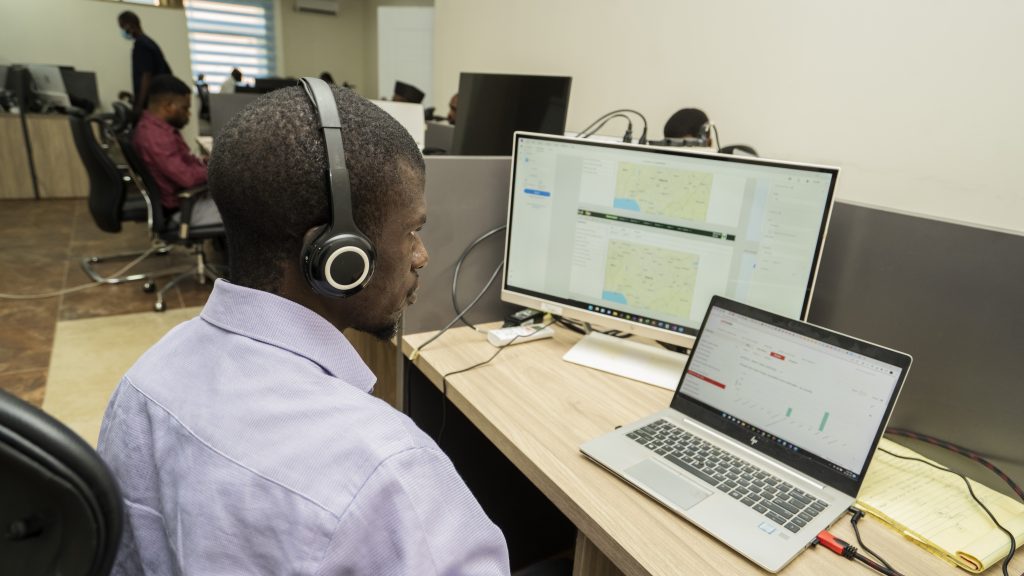Diagnosis, treatment, and linking PLHIV to care need careful coordination among government, partners, and communities, as well as developing trust that services would be administered without discrimination. The immediate result is a system that encourages clients to obtain care from healthcare specialists and HIV counselors, hence reducing the likelihood of prejudice. Trust and collaboration with diverse stakeholders allow for the monitoring of data on client care and the quality of healthcare services delivered.
The US Centers for Disease Control and Prevention (CDC) in Nigeria recently committed funds through the Public Health Information, Surveillance, Solutions, and Systems (PHIS3) project, with support from the Government of Nigeria, to continue delivering essential HIV prevention, care, and treatment services across the country, with robust HIV care infrastructure and resources. With HIV considered a “priority intervention”, PHIS3 collaborated closely with the Federal Ministry of Health, the National AIDS and STDs Control Programme, and other partners to develop and deploy an integrated COVID-TB-HIV-NCD module on the existing HIV-care EMR (the Nigeria Medical Records System).
The system combines basic data obtained routinely by clinical staff members for all patients and entered in the clientfolder with additional information, such as the next appointment date or whether a client has been lost to follow-up/interruption in treatment. Only Healthcare physicians have access to the clinical care section, ensuring the client’s anonymity.
Previously, each of these treatments was done in parallel, but the integration initiatives provide a holistic management strategy and resource optimization. There has been a considerable increase in uptake for HIV, COVID, TB, Hypertension, and Diabetes Mellitus screening and referral services at pilot sites in Rivers and Lagos States since its deployment. There are plans to broaden the service scope to include BMI/nutritional services, screening, among several other things.




